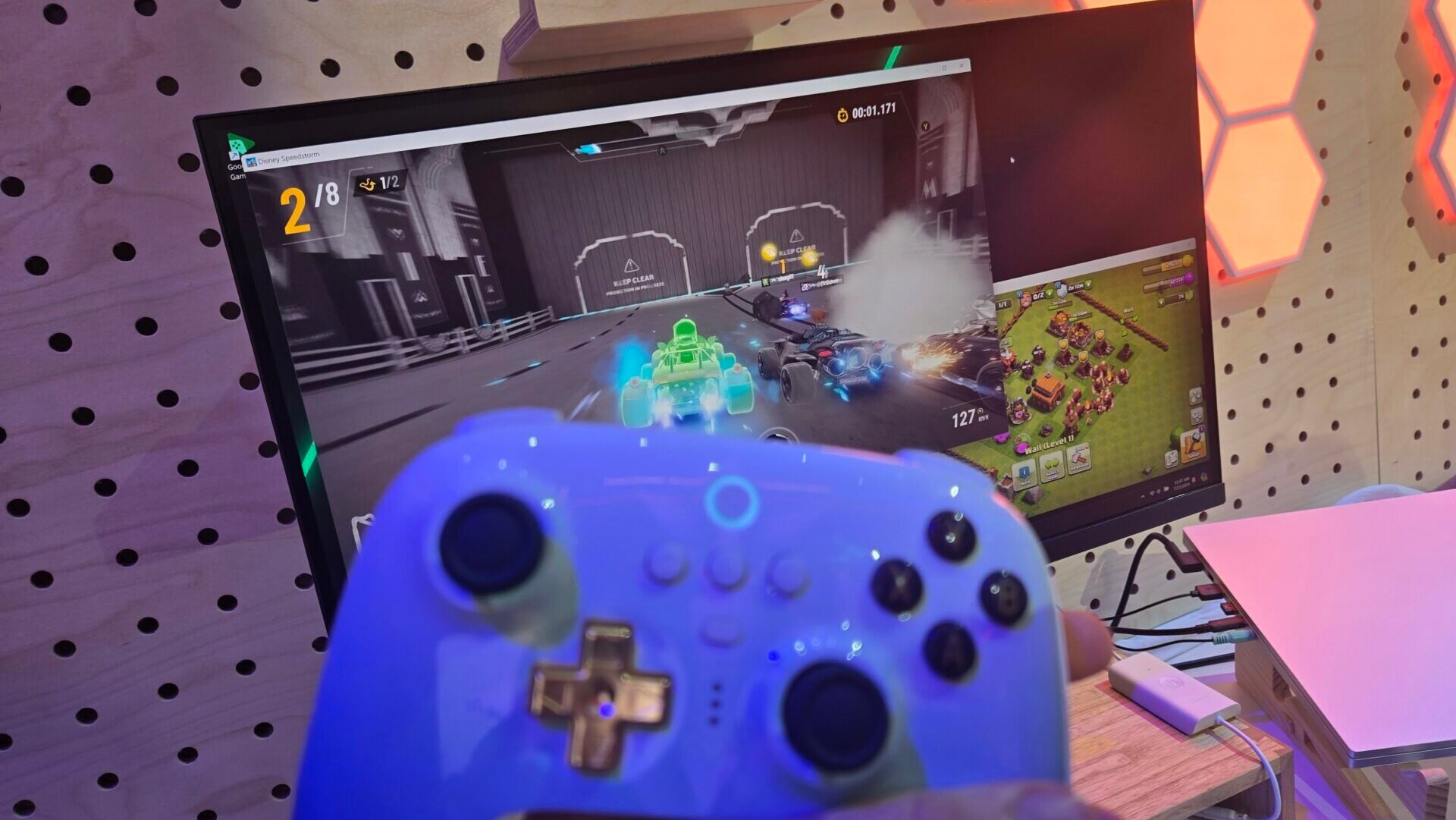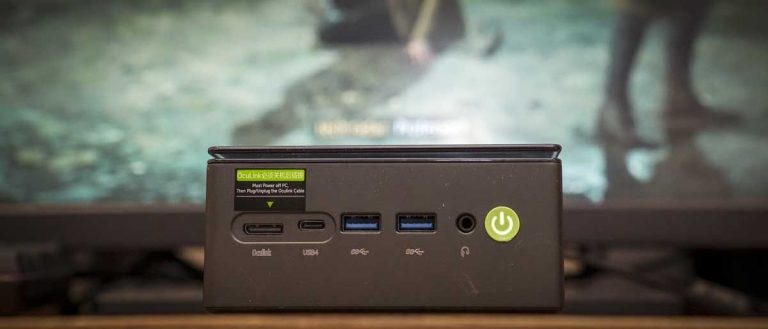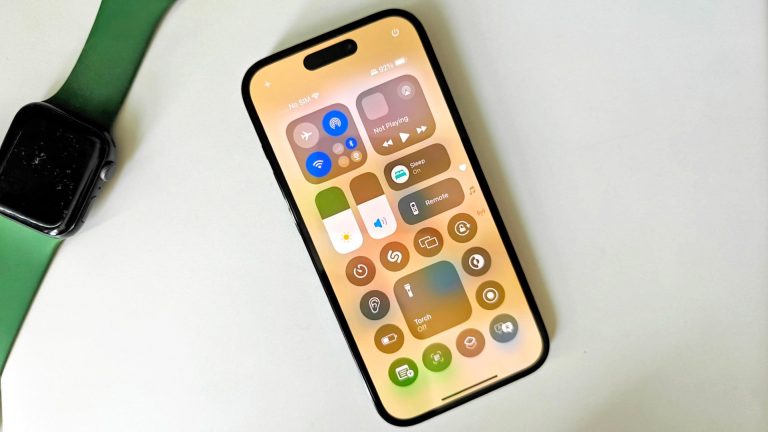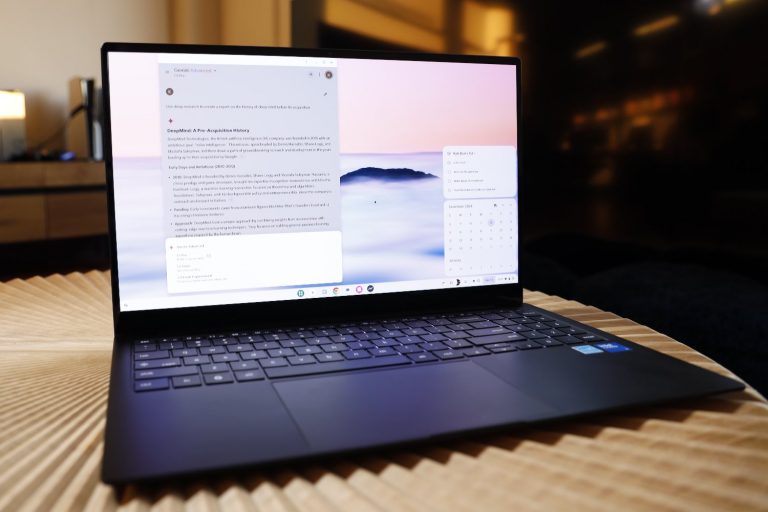Google Will Let You Play Two Games at Once on PC, But You Really Shouldn’t

Google doesn’t really care who among its users are the capital “G” gamers. Still, the Google Play Games app for PC is one of the oft-overlooked elements of its ecosystem, and it’s the tech giant’s main connection to PC gaming since the end of Stadia. You can jump straight from your progress on the phone and continue from where you left off on your computer. That service is finally getting a boost this year with a feature that lets you play multiple games simultaneously from the same account. Unfortunately, in its current state, it’s mainly there to keep you ever-playing your idle games.
I don’t have a high opinion of most idle games and, by extension, the entire “freemium” mobile games market. I’ve had personal experience with family members who became addicted to manipulative timer-based titles that emphasize paying real money to decrease the minutes-, hours-, or even days-long waits. You can’t catch all idle games under the same umbrella, but you can’t extricate the worst elements from the genre, either.
Google offered Gizmodo a demo of this dual-games feature, which is coming as part of a larger update to the Play Store app. The way it works is incredibly simple. You can load up one app by clicking on it (which continues whatever play session you had on the mobile version), then click to open another game and play them both in separate windows. According to Google, this feature should be available in the next few weeks.
This feature should allow simultaneous play of any two games that are playable on the PC beta, but Google showed it with a session of Clash of Clans and Disney Speedstorm. That latter title is essentially a Disney-ified Mario Kart clone. Speedstorm is worth a few minutes of diversion, even if it’s filled with lootboxes and other microtransactions. Clash of Clans remains popular today, with developer Supercell claiming in a video last year that the game still had 150 million monthly players. It’s not the worst example of timer-based mobile games, but it still requires waiting hours or days for some buildings and upgrades.
You already see where this is going. You can set up your session of Clash of Clans to run down the timers, then switch over to your other window to play a more active game. This isn’t the end of it, either. Google told us they’re testing this same multi-game setup with three or even four games running simultaneously.
In its current iteration, users can only control the active window for game playing. I asked the Google Play Games devs if they plan to let multiple people play games from the same PC simultaneously, and they seemed open to the idea. At the very least, that might be a use case that’s far less problematic. I can imagine a parent and their child playing a game on the same account side-by-side. The adult can help the kid overcome some obstacle and then return to their session of Genshin Impact, Marvel Snap, or a number of full-fledged, quality games available on the Play Store.
If Google did allow for multiple games to be controlled at once, we can guess that somebody out there will try and run Call of Duty: Mobile at the same time they’re cracking heads and knocking down structures in Fortnite. That’s not going to be the majority of players, however. You could also argue this feature lets players feel better about letting timers run down instead of paying money for more instant gratification. I’d argue that it emphasizes putting even more hours into their favorite idle game. The more time you spend in these titles, the more they’re designed to emphasize paying to play.
This new feature is Google’s attempt to keep players on the Play Store for longer, potentially dropping more money along the way. Playing multiple games from the same launcher does present a few interesting scenarios for cross-screen gaming (if your PC is powerful enough), but for these idle games and the Play Store itself, its motivations are just empty greed sitting on top of empty greed—an avarice sandwich with the players as the meat.
Source: gizmodo.com






